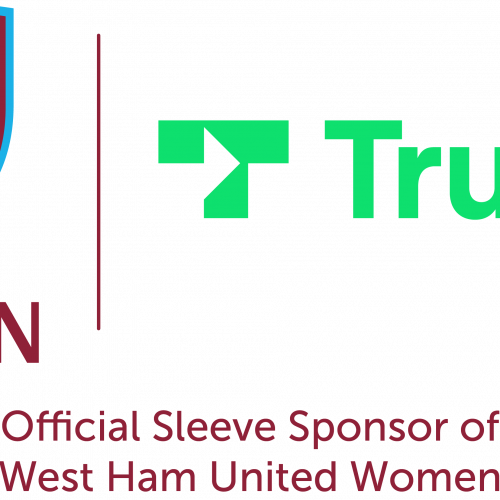Arsenal’s Tom Hines on club generated content and innovation
When you think about what it’s like to direct the content of an entire top Premier League football club’s content output, you might consider a position of untold riches and plenty of power.
That’s hardly the case for most clubs. The money goes on the playing staff, and that’s really how it should be: clubs may be rich enough to spend millions on players, but they’re not going to spend that on content.
This year, we’re going to see the fruits of the labours of Netflix and Amazon Prime, who have both paid plenty of money to Juventus and Manchester City respectively to produce a docuseries covering the behind the scenes secrets of two of the world’s biggest football clubs. If they’re successful, perhaps we’ll see more of these types of content pop up with various clubs and on different on-demand services.
The question might not be one of creativity or ideas, though, but might rather be one of where the content could actually go.
On this week’s Digital Sport Insider podcast, Dan McLaren sat down with Tom Hines, Senior Content Manager at Arsenal FC, and talked about what it’s like to be in charge of content at such a big club, how they have become one of the most well thought-of Premier League sides when it comes to social media, and whether Arsenal could be one of the next clubs to follow City and Juventus onto the on-demand documentary scene.
The answer certainly wasn’t, “no”, but then the point isn’t whether Hines and others think this would make good content (of course making a “gritty documentary” in the style of HBO and the NFL’s Hard Knocks would make a fantastic show), but a rather more practical consideration of where it could actually go.
Football clubs aren’t natural content producers. Or at least, if they are, the natural content has more to do with press conferences and footballing matters rather than anything that could be seen as having cinematic merit. As a result, they aren’t naturally predisposed to making something that could sit on Netflix or any other OTT platform; their own websites are hardly a place most fans or the wider public would flock to see anything long-form; whilst YouTube and Facebook don’t seem right, either.
Facebook Watch is suggested to Hines, but he rightly points out we’re yet to see what that platform will look like, nor do we know what sort of content people will actually want to watch on it when it finally arrives in the UK and becomes a mainstream source of on-demand content.
And so perhaps we’ll start to see that clubs aren’t against the idea of finding new ways to create more in-depth, entertainment-style content for their fans and even the wider public. But perhaps it’s also a matter of finding the right way to present it. At present, there just isn’t an obvious place for it, and it could be a case of technology and innovation having to catch up with the ideas of what we’d do with it.
About author
You might also like
Leeds United become first football club to sell official jerseys on TikTok
Leeds United is the first football club in the world to partner with TikTok to sell official merchandise and replica jerseys. Coinciding with the release of the new rhapsody purple,
Lewes FC Appoints Sue Anstiss To Its Board Of Directors
The Lewes FC Board is delighted to announce that it has co-opted Sue Anstiss as a Lewes FC Director. Sue has been a driving force for equality in sport for
Trustly extends partnership to become West Ham United Women’s Sleeve Partner
West Ham United is pleased to announce that Trustly has enhanced its relationship with the Club by becoming the Women’s Sleeve Partner. Trustly, the leading global account-to-account payments platform, became








